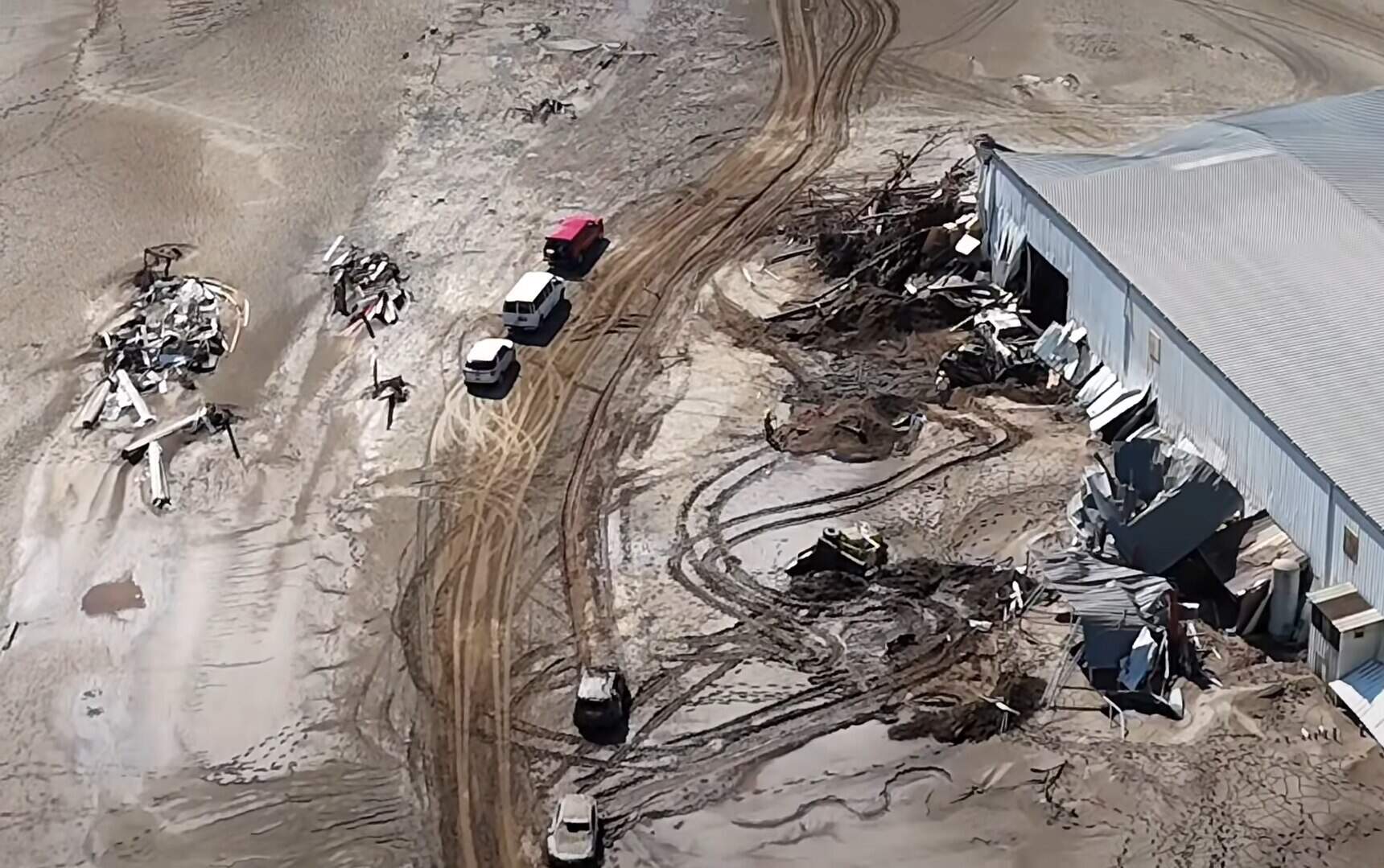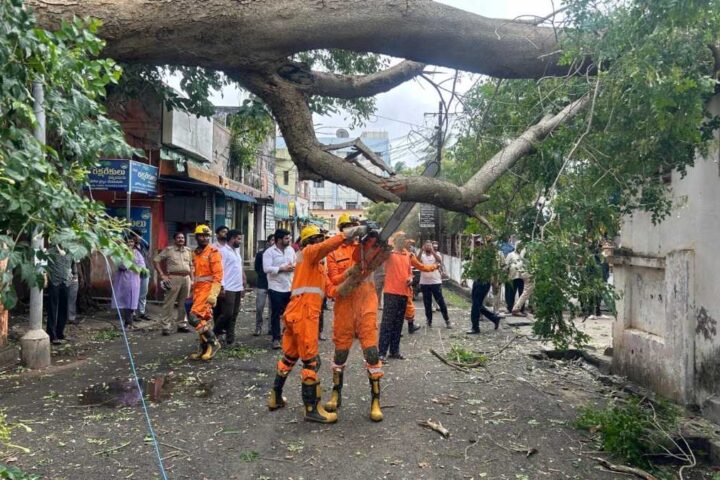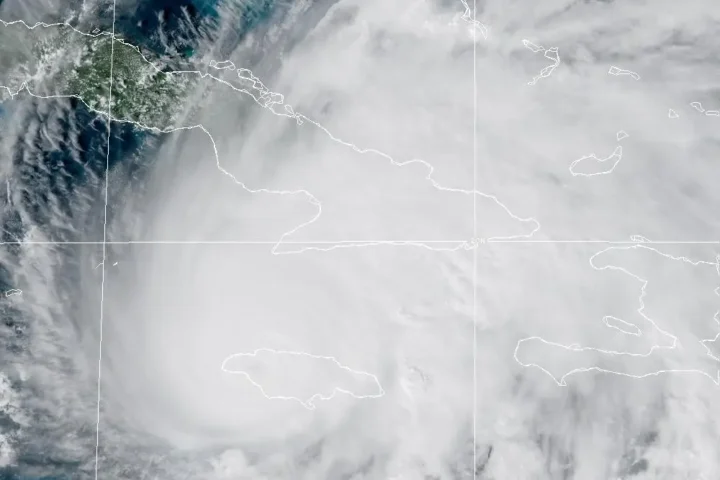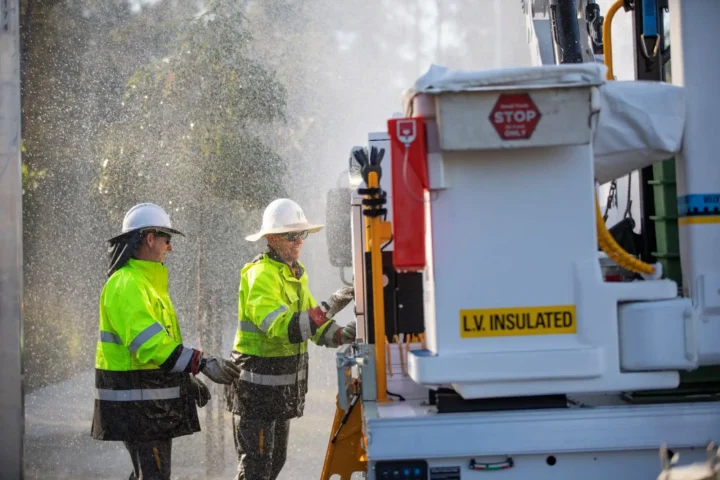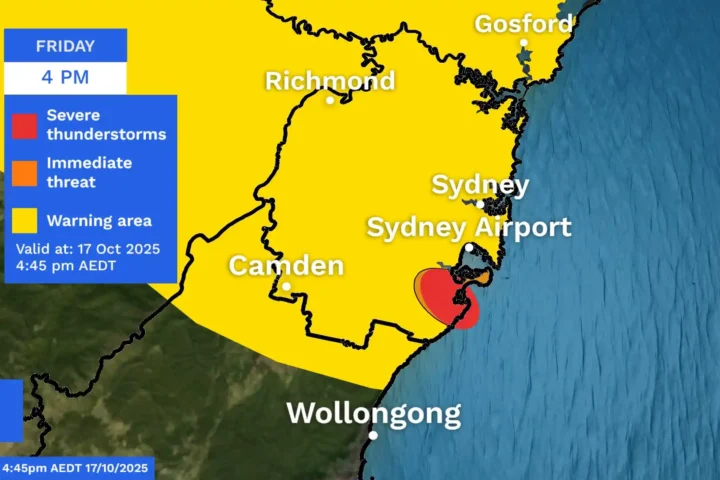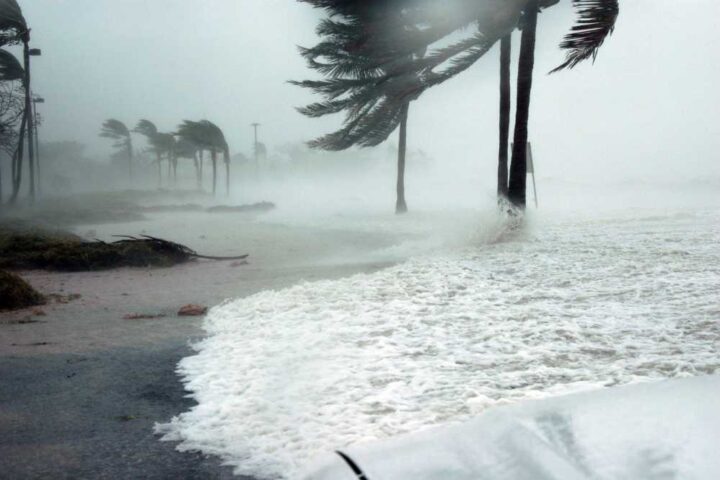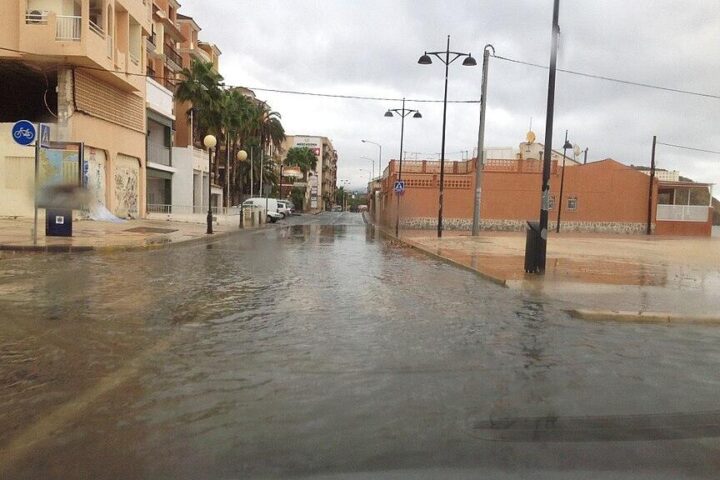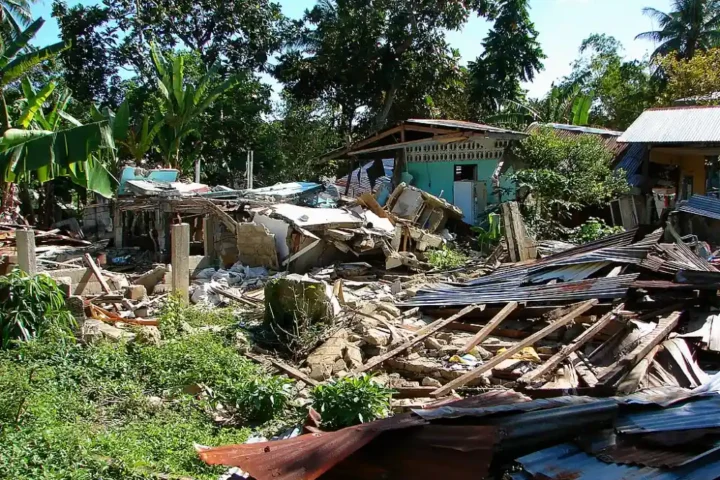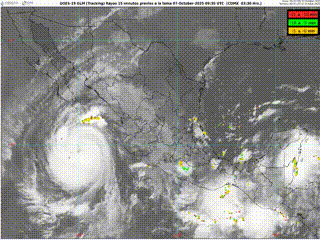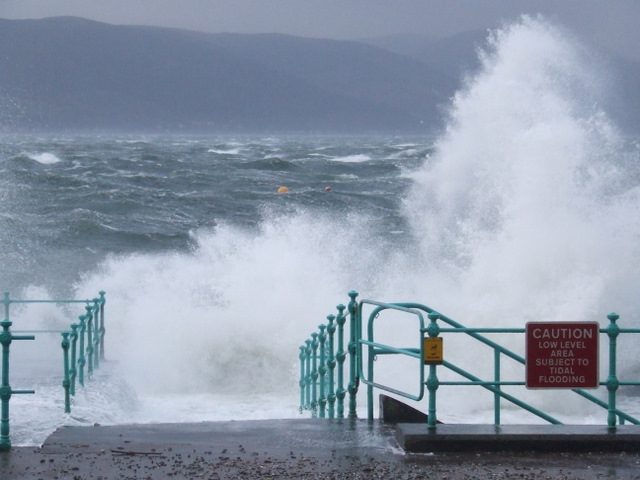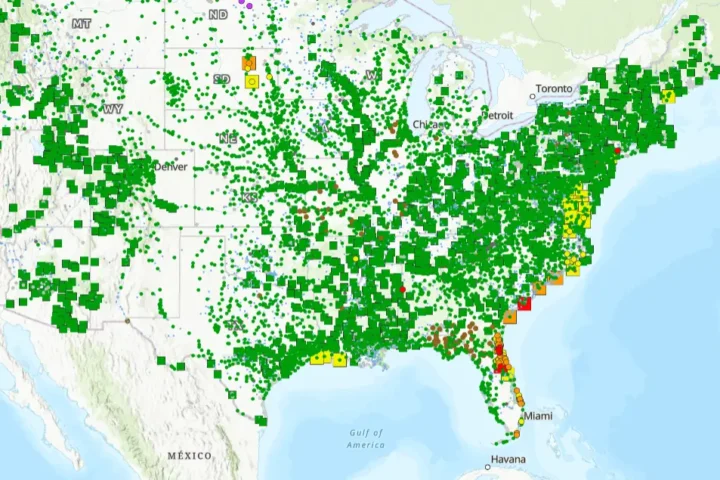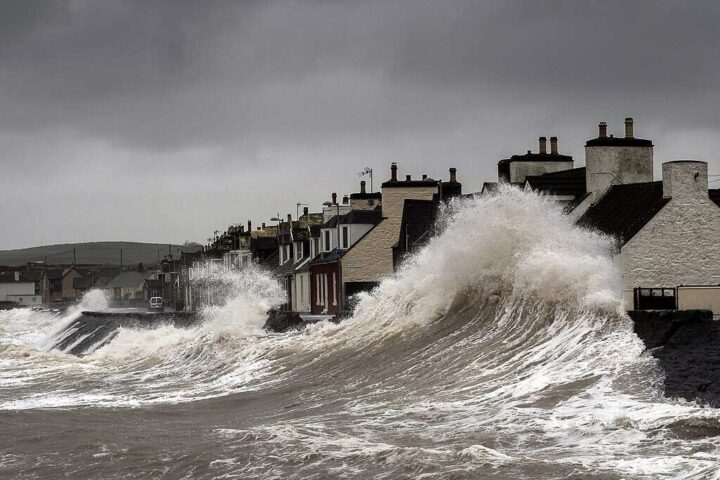In a harrowing incident that unfolded on September 27, 2024, employees at Impact Plastics in Erwin, Tennessee, found themselves in a life-threatening situation as floodwaters from Hurricane Helene engulfed their workplace. The event, which resulted in confirmed deaths and several missing persons, has sparked controversy over workplace safety protocols and emergency response procedures.
The Unfolding Disaster
As Hurricane Helene battered the southeastern United States, the Nolichucky River, located mere hundreds of feet from the Impact Plastics factory, swelled to unprecedented levels. The volume of water rushing through the area was reported to be nearly twice that of Niagara Falls, creating a cataclysmic scenario for the industrial park where the factory is situated.
Jacob Ingram, a mold changer at Impact Plastics, recounted the terrifying experience: “They should’ve evacuated when we got the flash flood warnings, and when they saw the parking lot. We asked them if we should evacuate, and they told us not yet, it wasn’t bad enough.”
Desperate Measures
As the situation deteriorated, eleven employees sought refuge on the flatbed of a semitruck loaded with large yellow flexible gas pipes from neighboring PolyPipe USA. This decision, born of desperation, would have dire consequences.
Ingram described the harrowing moments that followed: “For two or three hours we were on the back of the trailer… We called the police station God knows how many times.” The group’s repeated calls for help went unanswered as rescue efforts were focused on the nearby Unicoi County Hospital, where 54 staff and patients were stranded on the roof.
Tragedy Strikes
The precarious situation took a turn for the worse when debris struck the truck multiple times. Two women were knocked into the raging waters and swept away. When a larger piece of debris hit the vehicle, it capsized, plunging the remaining employees into the flood.
Ingram managed to survive by clinging to the plastic pipes. “I wedged my hands into it, and it took everything I had to hang on,” he said. After floating for about half a mile, Ingram and four others found themselves atop a pile of debris, where they were eventually rescued by a Tennessee National Guard helicopter.
Similar Posts
The Human Cost
The full extent of the tragedy is still unfolding. Impact Plastics confirmed that six employees and one contractor are missing. Among the confirmed casualties is 56-year-old Bertha Mendoza, whose body was recovered on September 29. Another employee, Rosa Maria Andrade Reynoso, remains unaccounted for.
Reynoso’s husband, Francesco Guerro, shared his anguish: “She told me…goodbye and to take care of our kids,” he said, recounting his desperate attempts to reach his wife as helicopters circled the area.
Company Response and Controversy
Impact Plastics has expressed condolences for the loss of life. Founder and CEO Gerald O’Connor stated, “We are devastated by the tragic loss of great employees. Those who are missing or deceased, and their families are in our thoughts and prayers.”
However, the company’s response has been met with skepticism. In a statement, Impact Plastics denied allegations that management forced employees to continue working as waters rose, claiming that most employees left immediately when dismissed.
Investigations and Accountability
The Tennessee Bureau of Investigation has announced a formal inquiry into the incident. The investigation aims to “identify any potential criminal violations” and determine the sequence of events leading up to the tragedy.
Community Impact
The disaster at Impact Plastics is part of a larger catastrophe affecting East Tennessee and western North Carolina. The region has seen at least five confirmed deaths, with officials expecting the toll to rise. More than 1.2 million people across several states were left without power after Hurricane Helene.
Economic Ripple Effects
Beyond the immediate human tragedy, the flooding has had far-reaching economic consequences. The Biltmore Estate in Asheville, North Carolina, a major tourist attraction, is closed indefinitely. Additionally, two crucial quartz mines in Spruce Pine, which provide ultra-pure quartz for global semiconductor production, have shut down with no reopening date in sight.
Looking Ahead
As the community grapples with the aftermath of this disaster, questions about workplace safety, emergency preparedness, and the impact of climate change on extreme weather events loom large. The tragedy at Impact Plastics serves as a stark reminder of the need for robust safety protocols and effective emergency response systems in industrial settings.
The incident also underscores the importance of clear communication channels between employees, management, and emergency services during crisis situations. As investigations continue and the community begins to rebuild, the lessons learned from this tragedy will likely inform future policies and practices in disaster preparedness and response.
